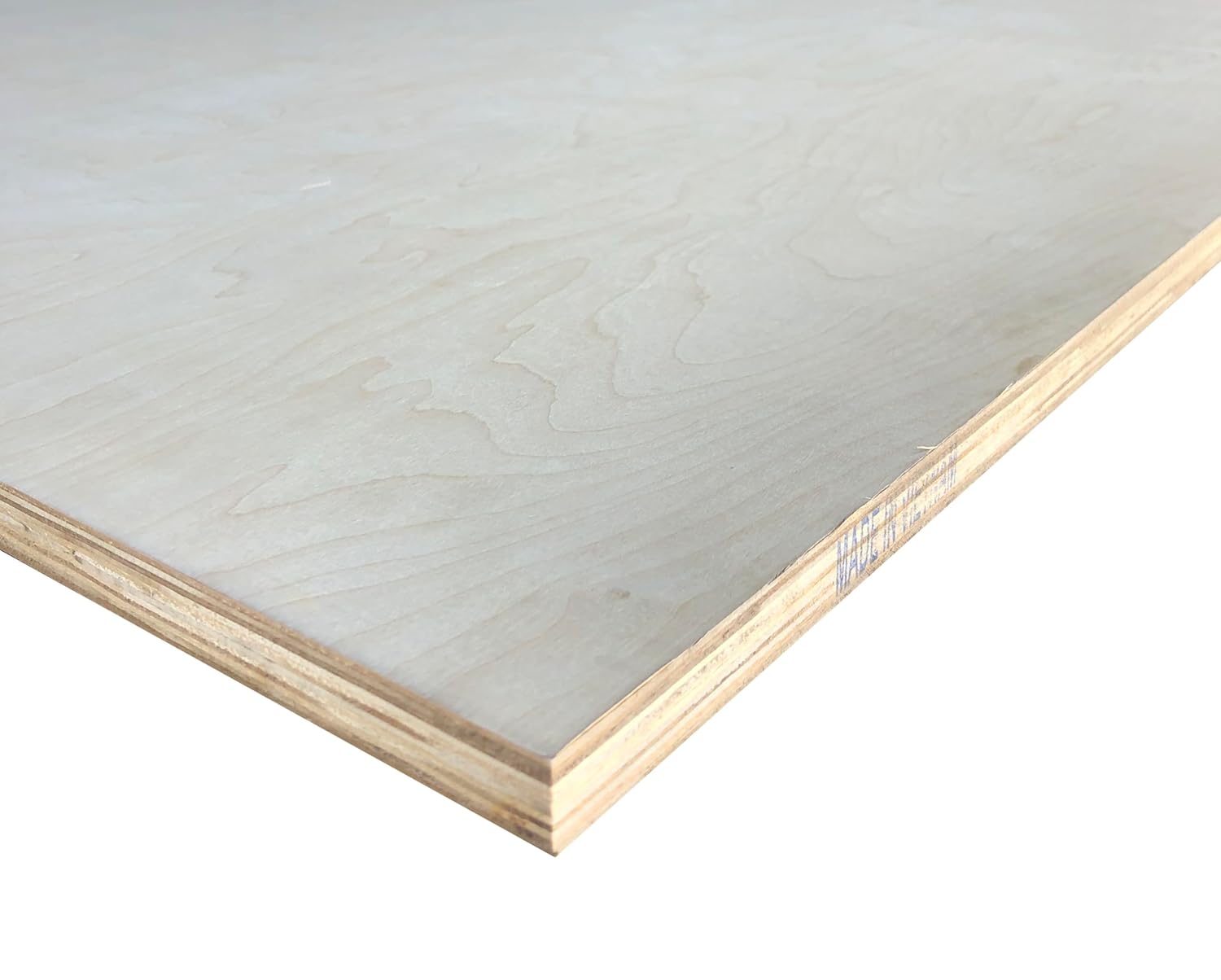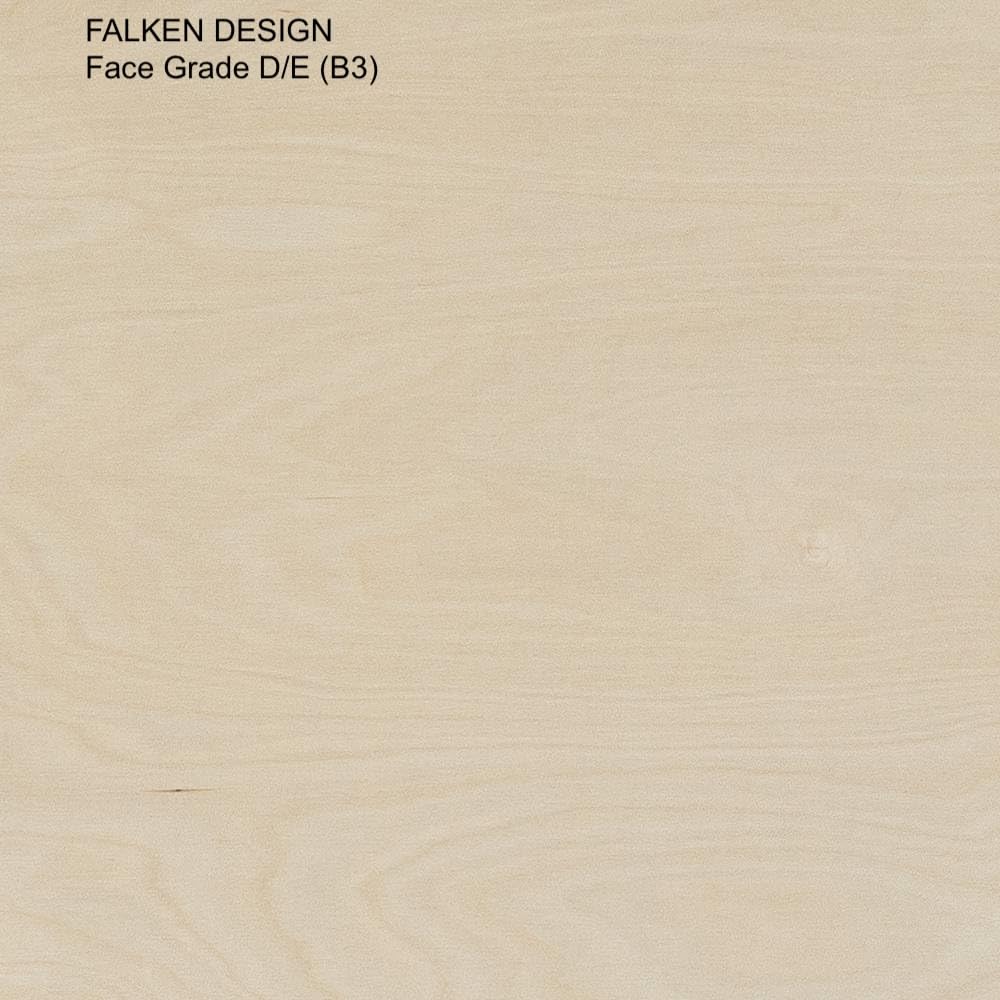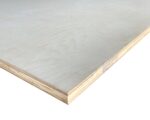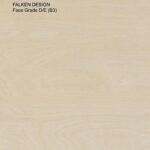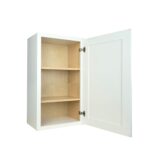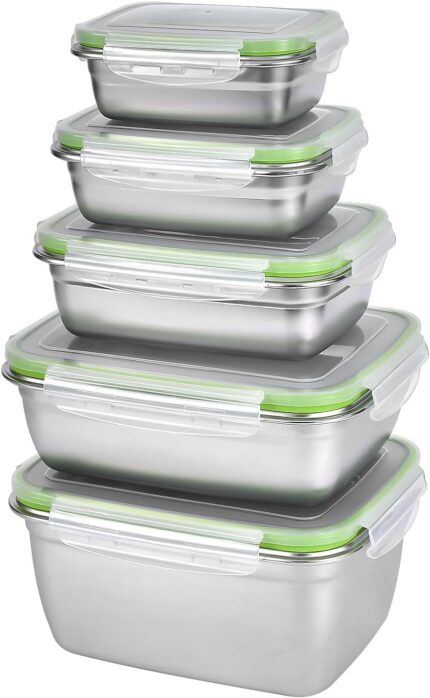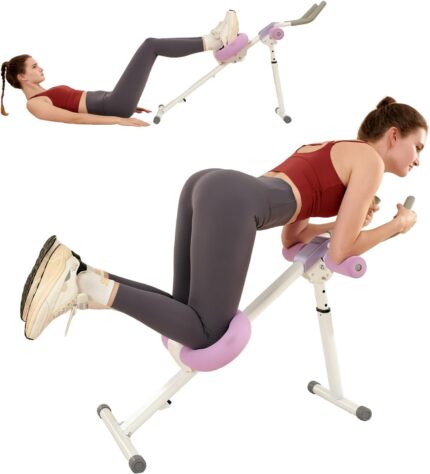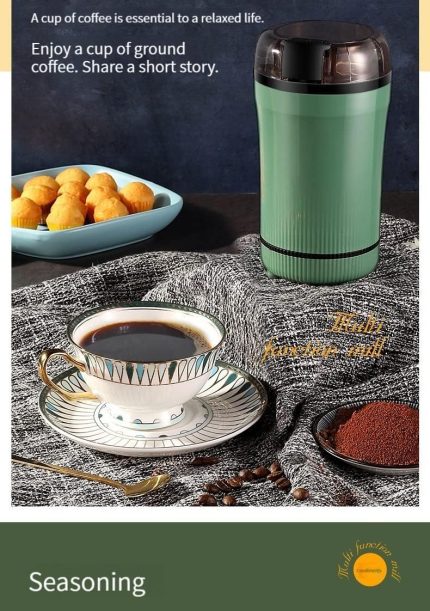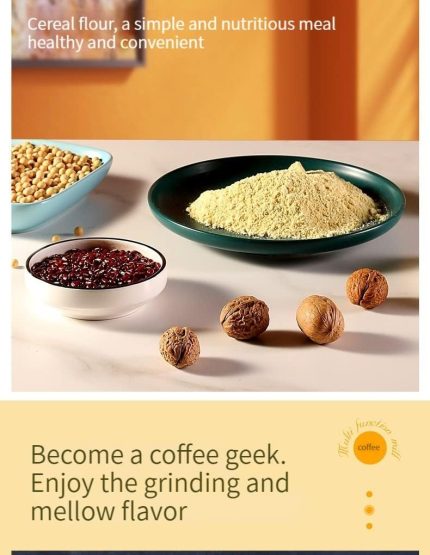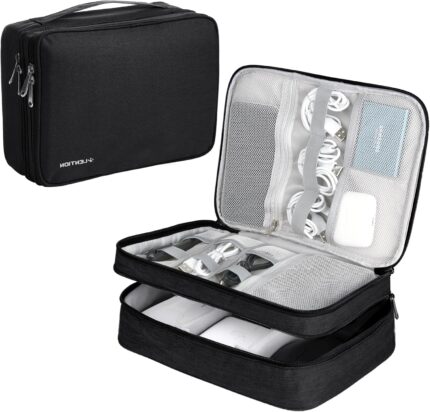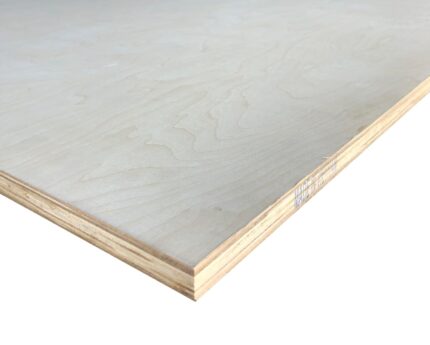Plywood is a versatile and widely used building material known for its strength and durability. It is created by layering thin sheets of wood veneer, or plies, in a cross-grain pattern and bonding them together with adhesives. This construction method gives plywood exceptional structural integrity and resistance to warping or splitting. Plywood is available in various grades and thicknesses, making it suitable for a wide range of applications. It can be used in construction projects for framing, sheathing, and subflooring, providing a solid and stable foundation. Additionally, plywood is commonly used in the creation of furniture, cabinetry, and decorative panels due to its smooth surface and ease of finishing. One of the key advantages of plywood is its versatility. It can be cut, shaped, and molded to fit various design requirements. Whether you’re working on a DIY project or a large-scale construction endeavor, plywood is a reliable and cost-effective choice for achieving structural stability and aesthetic appeal.
Product Dimensions : 72 x 24 x 0.75 inches; 27 Pounds
Date First Available : December 26, 2023
Manufacturer : Falken Design
ASIN : B0CQY6WSG9
Country of Origin : Vietnam
Plywood Grade B3 (D/E) – This grade showcases the natural look of the wood with expected changes in color that highlight the grain pattern. It allows for smooth knots while ensuring the surface is free from open knots and plugs. This material is suitable for a paint, stain, or lacquered finish. The 3/4 Inch plywood boasts a 11-ply core, including the face and back layers.
Strength and Durability: Plywood is renowned for its exceptional strength and durability. Its cross-grain construction resists warping, cracking, and splitting, making it a robust choice for structural applications.
Uniformity: Unlike solid wood, plywood sheets are manufactured to have consistent thickness and quality across the entire panel. This uniformity ensures predictable performance and ease of use.
Versatility: Plywood can be easily cut, shaped, and customized to fit specific project requirements. This versatility makes it suitable for a wide range of applications, from construction to furniture making.
Cost-Effective: Plywood is often more cost-effective than solid wood, especially for larger projects. It offers the benefits of real wood at a lower price point. Structural Integrity: Plywood is commonly used in construction for framing, sheathing, and subflooring. It contributes to the structural integrity of buildings, ensuring stability and safety. Excellent for Finishing: Plywood’s smooth surface is conducive to staining, painting, or applying veneers and laminates. This makes it suitable for decorative and fine woodworking projects.

